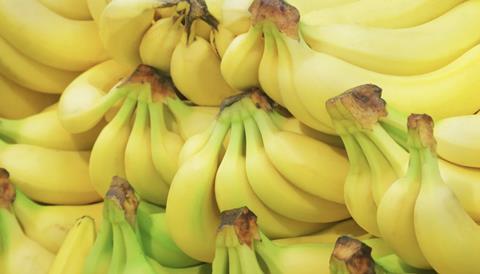Industry defends phytosanitary record and calls for swift resolution to the impasse

Ecuador’s banana industry has issued a strong rebuttal to Russian claims that a ban on banana imports from five Ecuadorean exporters was necessary due to phytosanitary breaches.
On Tuesday the Ecuadorean Banana Cluster published a statement defending its phytosanitary record and underscoring the country’s commitment to guaranteeing its bananas meet all the standards required by the market.
It follows Russia’s decision to suspend imports from five major exporters in a dispute over military supplies. Together, the five companies account for 25 per cent of Ecuador’s exports to Russia.
Russia said its decision was based on “the systematic detection of the Megaselia scalaris fly in consignments of Ecuadorean bananas”. But the Cluster said the pest, also known as humpback fly, does not affect the country’s banana production. Ecuador’s plant health authority Agrocalidad also refuted Russia’s claims, stating that: “Of the 13,000 banana shipments made to Russia, only 0.3 per cent have been notified of the presence of this insect, which does not represent a risk for that country”.
Nevertheless, Agrocalidad announced that it would be intensifying controls and monitoring processes on farms and in packhouses in a bid to find a swift resolution to the dispute.
Bananas are a staple of Russia fruit baskets, with per capita consumption averaging around 10kg per year. Ecuador supplies around 95 per cent of Russian banana imports.
Richard Salazar, executive director of exporter association Acorbanec told Fruitnet that the 55 Ecuadorean companies that are still permitted to export to Russia would be able to meet consumer demand in the short term.
“If this suspension continues for the five companies, it will generate complications due to the contracts to be attended to by their clients; However, the rest of the companies could meet that demand,” he said.
“But if Russia were to impose a total ban on Ecuadorean bananas there would be no market that could absorb that amount of fruit, that is, 1.4m boxes of bananas per week. And there is not enough exportable production in the other banana-producing and exporting countries to meet that demand from Russia.”
Around 21 per cent of Ecuador’s banana export volume is sent to Russia, generating US$757m dollars a year in foreign currency.
Salazar said: “We hope that with the technical response that has been given by Agrocalidad, this impasse will be overcome.”



